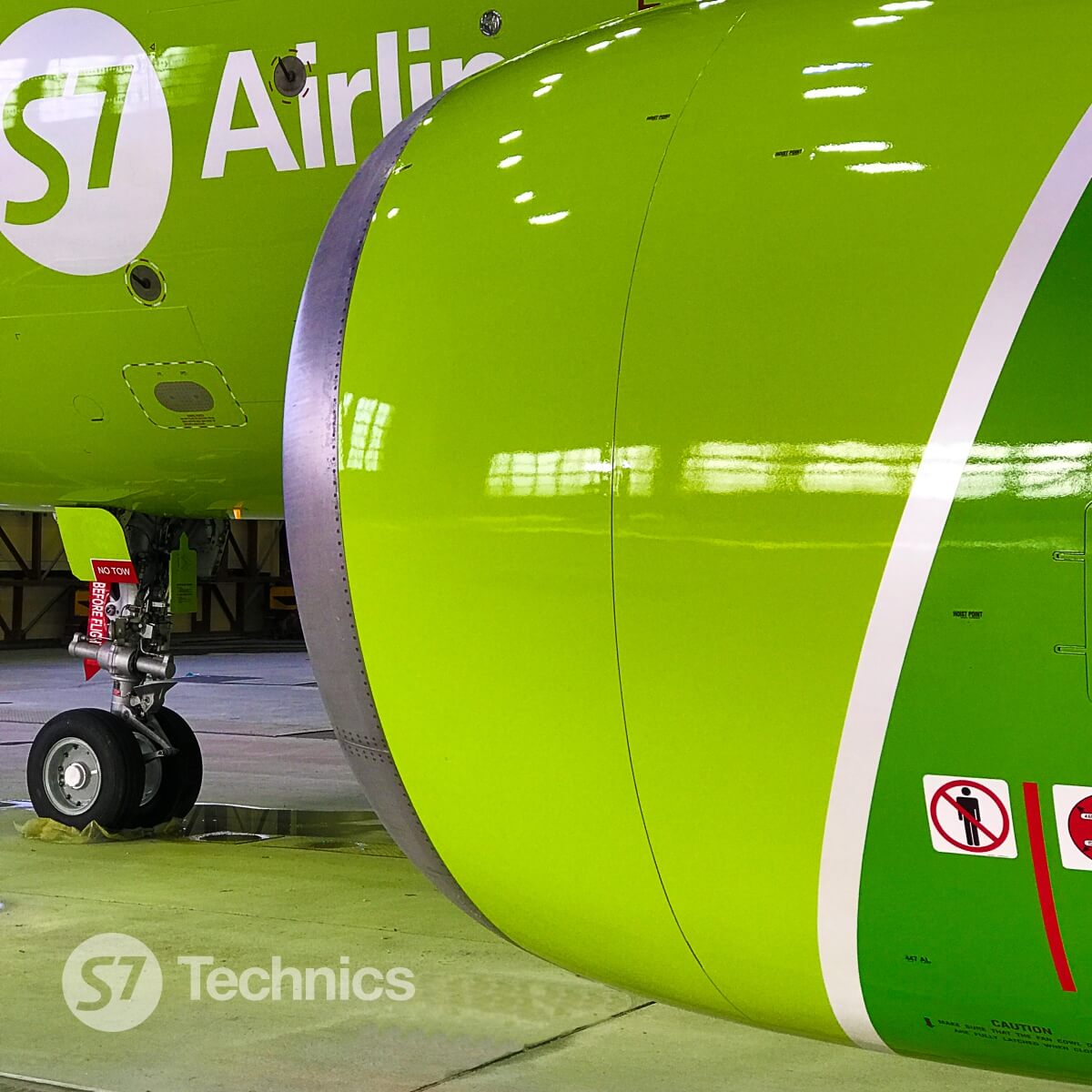Gazpromneft-Aero, the aviation fuel operator of Gazprom Neft, in cooperation with S7 Airlines have introduced digital aviation fuel smart contracts (AFSC) based on blockchain technologies. This is the first time blockchain technologies are being used in the Russian aviation market to allow air carriers immediate payment processing directly at the moment of refueling without prepaid charges or bank guarantees, mitigating financial risks for the involved parties.
The new technology significantly increases the speed of financial transactions and reduces the labour costs for both airlines and suppliers. Under the digital AFSC smart contract, an air carrier is able to transfer the refueling information to a supplier and agree on the preliminary amount of jet fuel and its price. This data is used to assign the technical task to the fuel tanker driver at the airport, after which the aircraft chief pilot is able to request the necessary volume of jet fuel from the operator using the system. Following this process, an online application is sent to the airline’s bank to reserve the necessary funds on the carrier’s account. An instant confirmation from the bank starts the refueling process. Once the service is provided, the funds will be transferred, and information on the closing of the refueling application together with the reports are sent to the commercial services of the fuel supplier and the air carrier.
Thanks to the use of blockchain technologies, the information on transactions is securely stored in the AFSC system. All the transactions are carried out according to the scheme approved by the participants of the digital contract, which excludes violation of the contract terms and increases the transparency of payments.
The first refueling of a scheduled S7 flight using the new technology was showcased on August 24 at Gazpromneft-Aero’s refueling station located in the Tolmachevo international airport in Novosibirsk. Representatives of IATA, the Federal Air Transport Agency, together with eleven aviation fuel operators and airlines from Russia, China, Vietnam, Japan, Serbia and other countries took part in the event.
“As an industry leader Gazpromneft-Aero not only promotes international IATA* standards for aviation fuel supply in Russia but is also actively introducing the best international practices and innovative solutions aimed at improving business efficiency. The use of such technologies in transactions between airlines and fuel operators will provide new momentum to the development of the entire aviation industry,” said Vladimir Yegorov, CEO of Gazpromneft-Aero.
“As a technological leader in the industry, S7 Airlines fosters the implementation of emerging technologies that can be beneficial to the company, such as blockchain technology. We are the first air carrier to use smart blockchain contracts for letter of credit transactions and have developed a blockchain-based platform to automate trade transactions between multiple counterparties. We have also launched a service for the settlement of payments between agents distributing tickets and are working on the development of a service for the automation of jet fuel supply calculations, which enables automated trading operations between three parties: the Bank, the airline and the jet fuel supplier. According to the regulation, reconciliation and fund write-offs are carried out following the refueling of the aircraft. The technology enables greater transparency and efficiency in the development of mutual agreements, allowing for a speedier process,” said Pavel Voronin, Deputy General Director on information technologies of the S7 Group.





